Is your organization still struggling with deployment bottlenecks?
It's 2025, and businesses have already started integrating artificial intelligence and automation into their products. The future of DevOps is here, and forward-thinking companies partnering with DevOps expert consulting firms are thriving with:
60% faster time-to-market
75% reduction in failure rates
3x more frequent deployments with greater stability
The impact of DevOps on business provides more significance, with organizations that have surged great improvements in both technical performance and business results.
Let's dive into the DevOps consulting trends that are separating industry leaders from the pack in 2025.
20 Latest Trends in DevOps for 2025
Want to stay ahead with the latest DevOps integration and know how it impacts businesses in 2025? We have listed some of the significant upcoming trends in development for you.
1. Artificial Intelligence and Machine Learning
AI and machine learning are changing how DevOps teams work, with AIOps and MLOps leading the way. This market is growing fast - experts think it'll reach $40.91 billion by 2026. That's huge for teams who want to release software faster without sacrificing quality.
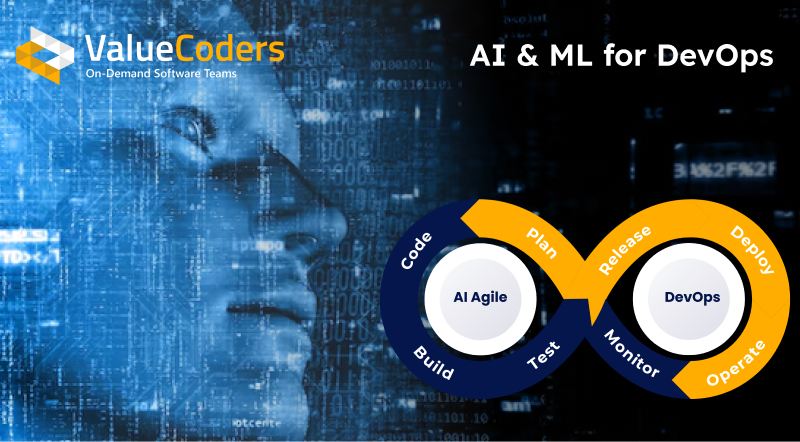
Think of it this way:
AIOps is like having a smart assistant that spots problems in your IT systems before they slow everyone down
MLOps helps streamline how machine learning projects get built and deployed
Together, they make teams more efficient - AIOps quickly finds issues while MLOps makes the whole workflow smoother
2. GitOps
GitOps has swiftly become a crucial part of modern DevOps workflows. It uses Git as the single source of truth to manage infrastructure and deployments, especially in Kubernetes environments.
With GitOps, everything from version control to CI/CD pipelines is well managed. Teams can work more effectively, ensure compliance, and automate infrastructure updates.
The focus? Incremental releases and continuous delivery. This approach helps developers build, test, and deploy software quickly, all while maintaining high standards of quality and reliability.
3. DevSecOps
Security is not a secondary thing in the DevOps lifecycle for the preparation of DevSecOps. This practice emphasizes using security practices early in development to make applications secure to begin with.
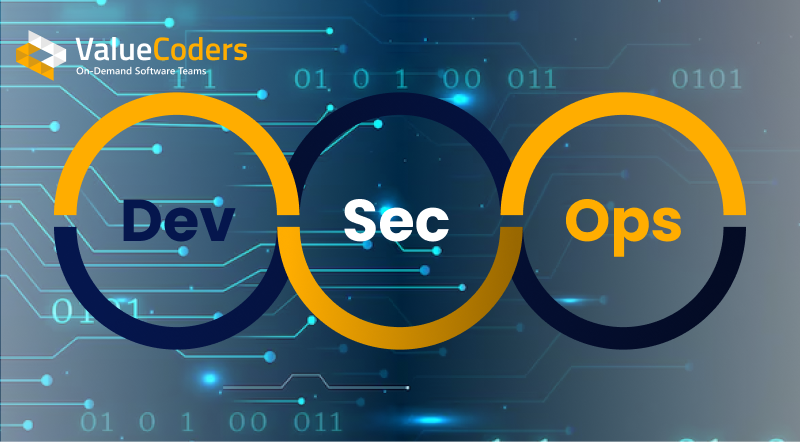
Insight: Pokemon Go adopts DevOpSecOps to protect children's privacy.
With over 800 million downloads, the app faced challenges in complying with GDPR, especially since many users were children. To address this, Pokémon GO partnered with Niantic and adopted DevSecOps. They implemented automated security checks from the start, ensuring user privacy was protected throughout the app's lifecycle.
4. Serverless Computing
Serverless computing is catching on fast in DevOps. It lets developers focus on writing good code instead of worrying about server management. By 2030, experts predict this market will grow to $30 billion, and over half of cloud businesses are already using it.
Want to see how powerful this is? Look at Autodesk. They cut their account creation time by 99% - from two whole weeks down to just 10 minutes! They did this by switching to AWS Lambda and DynamoDB. This change helped them simplify their processes and quickly deliver results to customers.
5. Infrastructure as Code (IaC)
The use of Infrastructure as Code (IaC) automates, uniform, and manages architecture in the development process. This ensures consistent environments across all stages, speeds up deployment, and reduces errors.
6. Chaos Engineering
Chaos engineering is all about testing systems by intentionally causing disruptions. It identifies weaknesses in the system and makes it more robust.
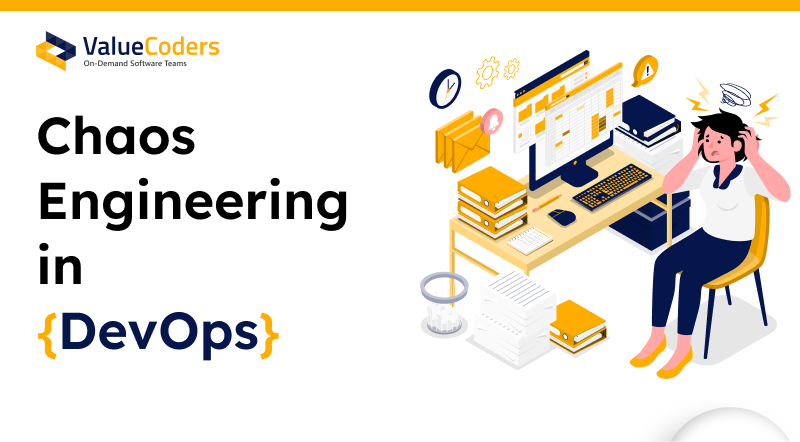
Insight: Netflix uses chaos engineering to build automated recovery mechanisms.
Netflix shows how powerful this can be. After losing critical data in a major outage, they created a tool called Chaos Monkey that randomly shuts down parts of their production system. This forced their developers to build systems that could handle failures and recover automatically. The result? Netflix stays up and running even when under tremendous pressure.
7. Continuous Integration and Continuous Delivery (CI/CD)
CI/CD pipelines are the core functionality of DevOps. It provides better integration, automation, and scalability for faster and more reliable software delivery. The collaboration between development and operations teams remains fundamental to DevOps as a Service in 2025.
8. Edge Computing
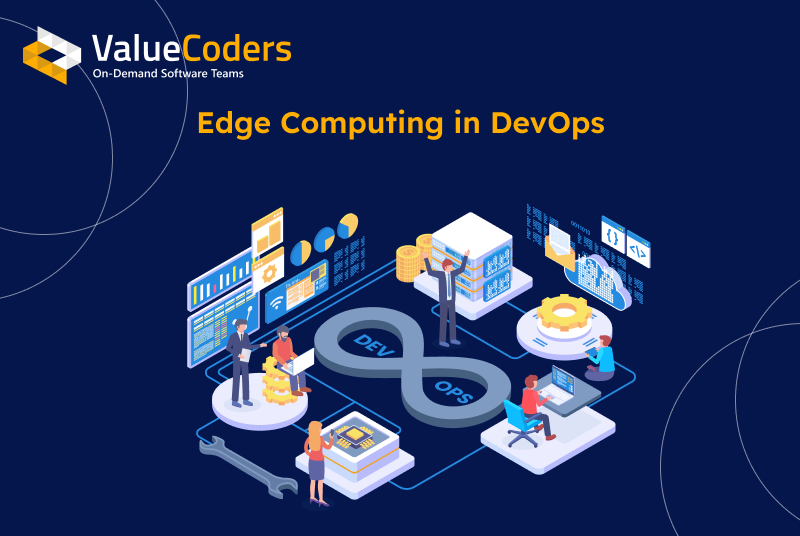
Edge computing brings enterprise applications closer to the source of truth, such as IoT or local servers. This results in less latency and less bandwidth consumption. Edge computing realizes the nature of the application, where data processing is done in real time. This benefits in quick insight, better response times, and delivery.
9. Data Observability
Data observability helps you see what's happening inside your systems in real-time. It's like having X-ray vision for your data, letting you spot problems and understand how everything works together. Teams now consider monitoring a must-have in DevOps, and that's where observability really shines.
Insight: Lenovo offers a frictionless e-commerce experience after integrating the data observability tool.
Lenovo struggled to handle unexpected traffic spikes on its website. By partnering with Splunk and using their observability tools, Lenovo cut their troubleshooting time in half and maintained 100% uptime even when web traffic jumped by 300%. Instead of constantly putting out fires, they could see issues developing and fix them before customers noticed anything wrong.
10. Microservices Architecture
Microservices have really taken off in tech. Instead of building one massive application, you build smaller, independent services that work together. This approach makes DevOps much easier because teams can develop, test, and deploy each piece separately.
Coca-Cola shows how well this works. They switched to microservices and a DevOps approach, creating separate modules that could be reused across their system. This made their product faster and more flexible. The results were impressive - they cut data flow by 50% and reduced scaling time from weeks to just minutes for supporting more freestyle machines.
11. Cloud-Native Development
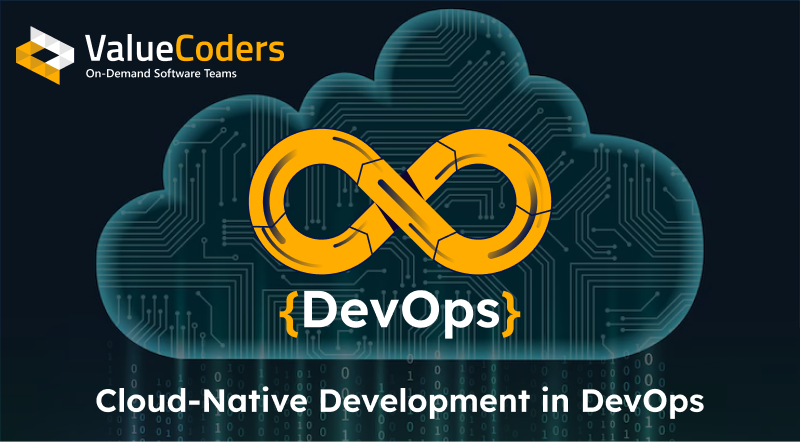
Cloud-native development is significantly important for businesses to structure their team and leverage automation and scalability. Its purpose is to reduce the market time and bring more efficiency. Therefore, businesses should use a Cloud Management Platform (CMP) to adopt cloud-native infrastructure.
12. Hybrid and Multi-Cloud Strategies
Using multiple cloud providers gives businesses more freedom and better options. It's like not putting all your eggs in one basket.
With hybrid and multi-cloud strategies, you:
Avoid being stuck with just one provider
Can pick and choose the best services from different clouds
Get better performance by using what each provider does best
Tools like HashiCorp Terraform and Red Hat OpenShift make this easier by helping you manage resources across different cloud environments. They work like universal remote controls for your cloud infrastructure.
13. FinOps
FinOps is the most sought-after in the DevOps industry. It brings financial responsibility allowing businesses to manage between speed, cost, and quality.
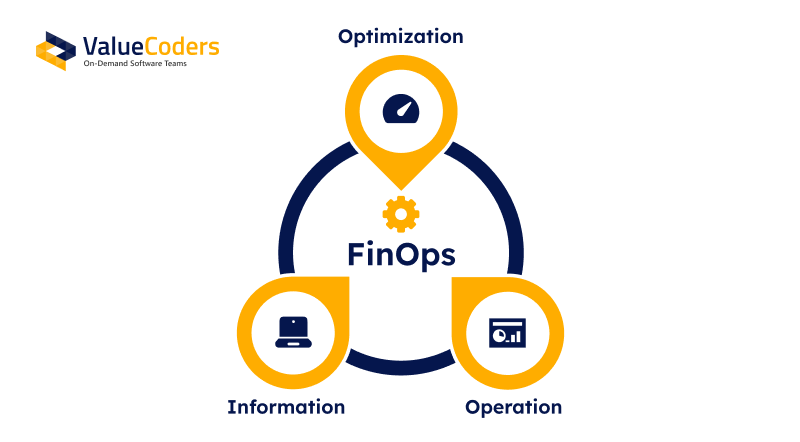
Insight: The Wire lowered its cloud compute expenditure by 80% after integrating FinOps.
The Wire, a leading media institution, uses AWS to fulfill its business needs. This allows them to manage the infrastructure's performance, reliability, scalability, and security. With the Wire collaboration with Centiytics, they adopted the FinOps solution.
14. Low-Code and No-Code Platforms
Low-code and no-code platforms are just perfect solutions for non-developers. It gives them leverage to create and execute applications on their own.
Insight: Microsoft Power Apps allow businesses no-code/low-code solutions toward rapid implementations and deployments.
15. Quantum Computing
Quantum computing solves real-world problems and provides solutions. It can resolve the problem more promptly than classic computers.
Insight: IBM and Google have delivered promising advancements related to quantum computing in different areas, including DevOps.
16. 5G Technology
5G is bringing internet speeds that are seriously fast with almost no delay. For DevOps teams, this means data moves quicker, monitoring happens in real-time, and applications deploy faster. It creates the kind of seamless connection that's essential when you're constantly integrating and delivering software.
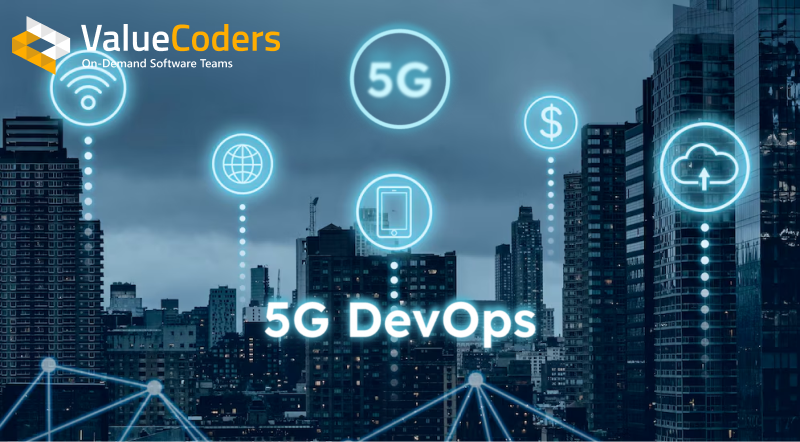
Insight: BMW improved factory automation using 5G.
BMW shows what's possible with 5G in a practical setting. They were facing delays in how quickly data could travel within their manufacturing plants. After implementing 5G technology, they saw immediate improvements: fast data transfers, better automation, and 30% less downtime in production.
17. AR and VR (Augmented Reality & Virtual Reality)
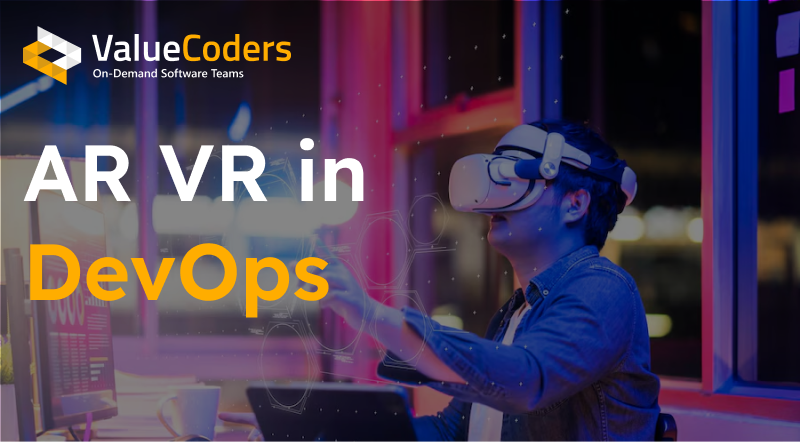
AR and VR create immersive environments by blending virtual elements with the real world. In DevOps, these technologies help in remote collaboration, virtual testing environments, and enhanced product demos. They also assist in training DevOps teams effectively without physical setups.
Insight: Boeing cut aircraft wiring errors using AR.
Boeing shows how practical this can be. They were having problems with wiring mistakes during aircraft assembly. By using AR, their technicians could see 3D wiring guides right in front of them while working. This cut errors by 40% and made the whole process more efficient.
18. Robotic Process Automation (RPA)
RPA efficiently managed the repetitive task like data entry, report generation, and system monitoring. In DevOps, RPA improves workflow efficiency, reduces human errors, and speeds up deployment cycles, making operations smoother and faster.
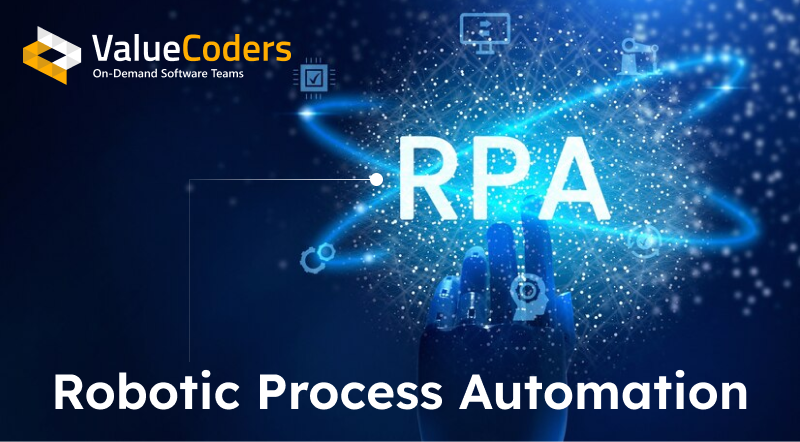
Insight: American Express automated workflows with RPA.
American Express put this to work in their financial processes. They were struggling with slow, manual work. By using RPA, they automated how they track transactions, cut processing time by 60%, and significantly improved accuracy.
19. SRE (Site Reliability Engineering)
SRE brings together the best of software development and IT operations to keep systems running smoothly. Think of it as having specialized doctors for your technical infrastructure who focus on keeping everything healthy instead of just treating symptoms when things break. SRE teams make sure your digital services stay available, perform well, and can recover quickly from problems.
Insight: Google reduced downtime using SRE practices.
Google shows how effective this approach can be. They were having trouble with service outages affecting users. By implementing SRE practices, they automated their monitoring systems, cut downtime by 70%, and improved system reliability worldwide.
20. Blockchain Technology
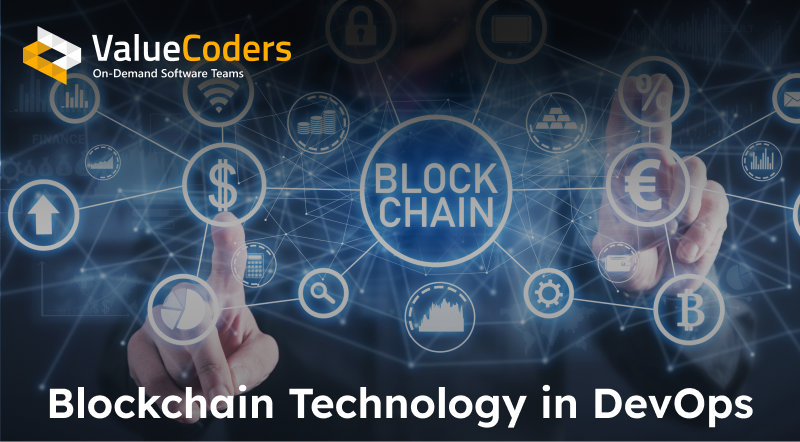
Blockchain is a secure, decentralized ledger that records transactions transparently. DevOps helps with secure data sharing, audit trails, and automation through smart contracts. This technology enhances data integrity and security in software development.
Insight: Walmart improved supply chain tracking with blockchain.
Walmart struggled with food traceability. Using blockchain, they reduced tracking time from 7 days to 2.2 seconds, ensuring better food safety and supply chain transparency.
Begin Your DevOps Journey
Knowing and implementing the future of DevOps requires a lot of practice, skill, and domain knowledge. Therefore, you need top DevOps engineers who have done it before and have the capabilities to manage any complex matter.
The 20 best DevOps Companies in 2025 mentioned here can help you with the precise solutions your project requires. Choose wisely!
Write a comment ...